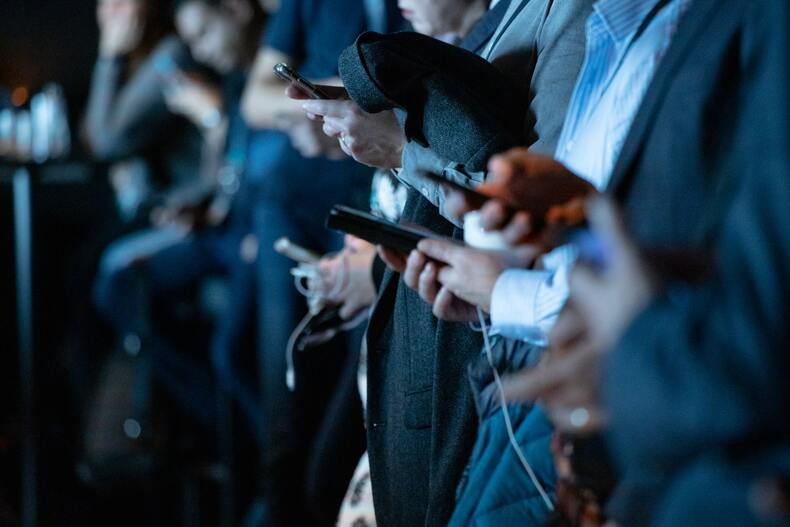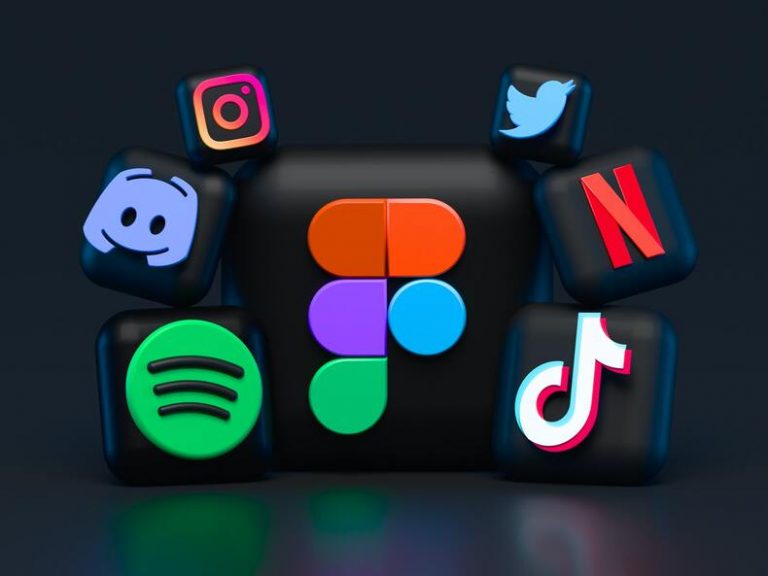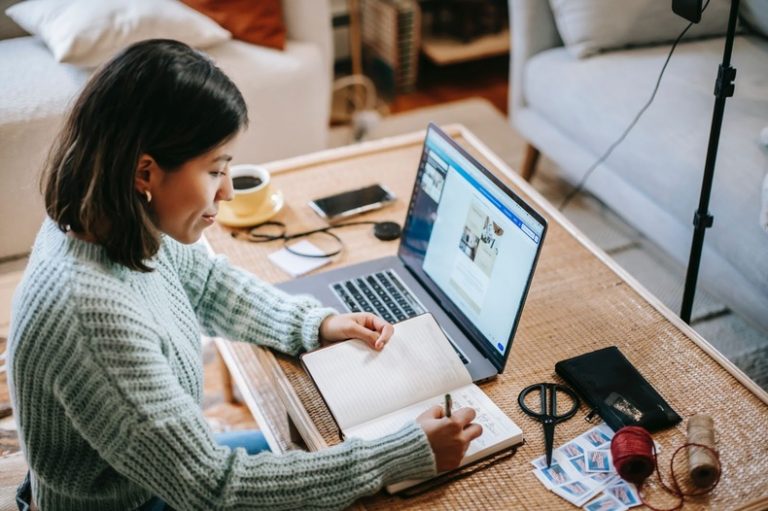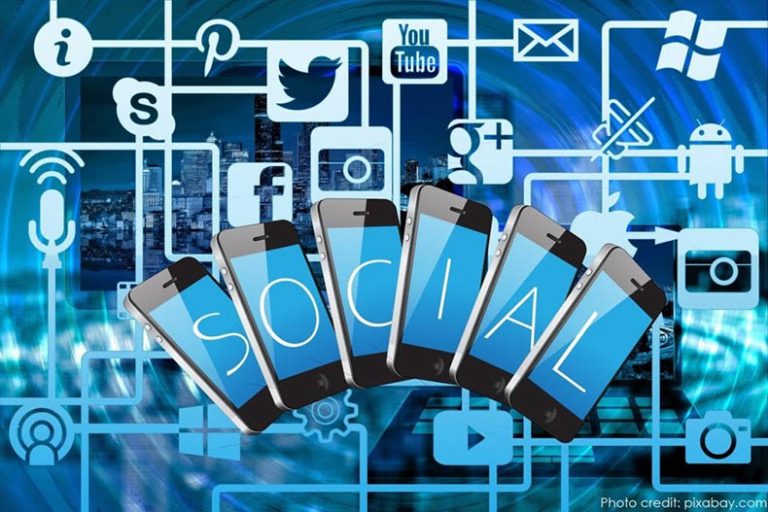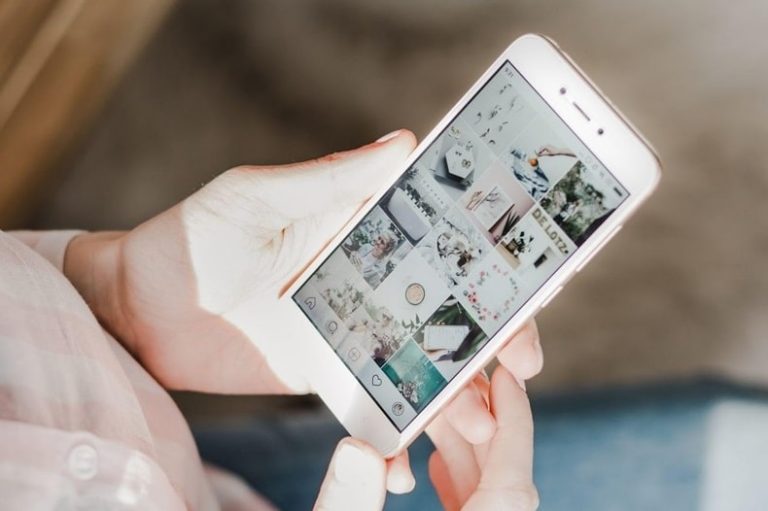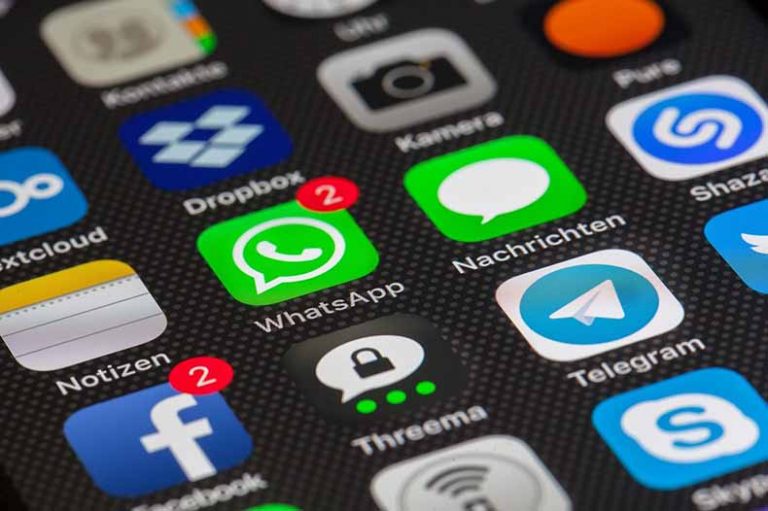How To Manage Anxiety Caused By Social Media
This article was developed via a partnership with BetterHelp.
Though the benefits of social media are numerous, unfortunately, it also causes some side effects for mental health. Anxiety has increased greatly in the technological age, and social media plays a huge role in this. Even though social media was designed to help people connect, it seems to harm as many people as it benefits.
Anxiety is an all too common downside of social media use. But why is this? Read on to learn more about how social media causes anxiety and how to manage your symptoms. If you wish to learn more about anxiety in general, head to the link below for further reading:
https://www.betterhelp.com/advice/anxiety/
Why Does Social Media Cause So Much Anxiety
Social media usage has taken a toll on our global health, increasing depression, lowering self-esteem, and exasperating anxiety. This is due to multiple interconnected factors that are hard to avoid when using social media often. Below are the common reasons why social media causes so much anxiety.
Creates A Need For Approval
Getting likes, retweets, and comments is becoming the new drug. We get a bit of a rush when we see that people like our content, so we keep producing more to get people’s approval. However, this creates a constant cycle of needing attention and approval from strangers, which is hard to break. If our tweet or post doesn’t get many likes, it can cause anxiety and a feeling of low self-worth to kick in.
The Ultimate Pavlov Experiment
We all learned about Pavlov’s dogs in the school. Pavlov was a psychologist who popularized our understanding of classical conditioning. Through his experiments, he proved that he could make dogs salivate at the ring of a bell if there had been a consistent pattern of feeding the dogs whenever the bell rang. After some time, whether or not the food came, the dogs would still salivate and expect their meal.
Something similar is happening with social media usage. We are initially rewarded with likes, retweets, and app notifications, which condition us to check social media every time we get an alert. These alerts give us a rush of dopamine, which keeps us addicted to social media. Therefore, every time we get a notification, we expect a reward so we keep checking our phones every time we hear a ding.
If we don’t get a reward, we may experience disappointment or anxiety. Or, if we do get a reward, we may enjoy it but then stay on social media to read more anxiety-inducing updates or news. So whether or not we are rewarded, we still lose by experiencing increased anxiety.
FOMO
Why do we keep looking for updates or news? It’s because we don’t want to miss out on important events or updates in the lives of our loved ones. We have a fear of missing out (FOMO) that is hard to alleviate. Social media keeps us connected like never before, so we feel if we don’t check in often, we will miss out on important updates or important information that may bring value to our lives.
Cyberbullying
One of the most well-known causes of social media anxiety is the increasing threat of cyberbullying. Though bullying is primarily associated with children, the fact is that cyberbullying can affect anyone. The anonymity of the internet makes it all too easy to harass someone without facing any repercussions. Many people can’t ignore the temptation to threaten or bring someone down, knowing nothing bad will happen to them.
Furthermore, social media has made it difficult to have nuanced discussions about politics, religion, philosophy, and similar topics. Therefore, discussing one’s opinions can quickly turn into a heated argument. Being harassed, threatened, or bullied online can give anyone anxiety.
Tips For Managing Social Media And The Anxiety It Causes
If you live with social media anxiety, know that you are not alone. This is a very common issue, even if few people discuss it. Luckily, there are some ways to reduce your symptoms, but it involves creating boundaries with your social media usage. Here are some tips for managing your social media usage and the anxiety it causes.
- Limit Your Usage: The most obvious tip on this list is that you need to reduce your social media usage. If you keep using it at your current rate, your anxiety will remain consistent. Though social media is widely popular, that doesn’t mean you need to be on it 24/7. Take a break and get some fresh air. Schedule specific periods for social media and stay off it at other times. Your mind will thank you.
- Be Selective With What The Media You Consume: It’s also important to be mindful of the kind of content you are consuming. Is it full of drama and negativity? Or positive and enlightening? Chances are, you probably come across a lot of media that is negative or anxiety-inducing. You should be more selective with your feed so that you primarily consume media that is more positive.
- Find Healthier Ways To Socialize: Just because social media exists does not mean it is the only way to socialize. Talk to your friends at school or your colleagues. Try a new class or hobby to meet people. In other words, find ways to meet people in real life. Real-life conversations are usually more fulfilling, rewarding, and enjoyable than those online.
- Fill Your Time With Other Hobbies: Another way to limit your social media usage is by finding hobbies that don’t require tech. Start reading books or journaling. Try a sewing class or go on a hike. Do something that gets you out of your head and away from your phone. You will find these hobbies to be much more calming and may reduce your anxiety symptoms.
- Talk With A Therapist: If you are struggling to manage your anxiety, you may want to discuss the issue with a therapist. They can help you figure out if any other factors are affecting your mental health and provide numerous treatment options.
Bottom Line
Social media anxiety is a widespread issue that isn’t discussed often. Unfortunately, many platforms are doing little to address this, so it may remain a problem. However, by creating healthy boundaries with social media and enjoying life outside the internet, you can ease your symptoms and bring a sense of calm and joy back to your life.

